Learn how to choose the right batching plant capacity for ready mix delivery in Bandung. Ensure timely service within a 20 km radius with our expert insights!
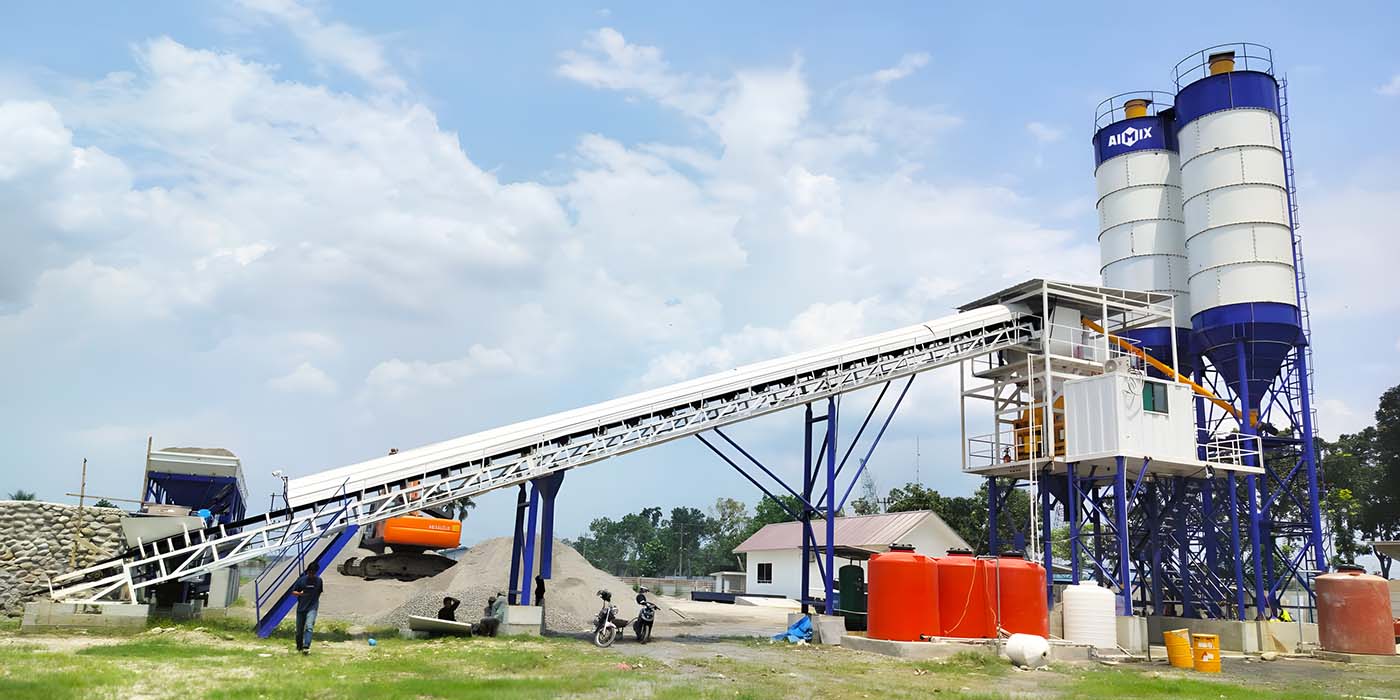
Choosing the right concrete batching plant capacity is a major decision—especially if you're supplying ready mix concrete for projects within a 20 km delivery radius in Bandung. Whether you run a commercial ready mix business or support in-house construction projects, the balance between productivity, efficiency, and cost matters. In this article, we’ll help you figure out what batching plant concrete capacity works best for your delivery range, and why it matters more than you think.
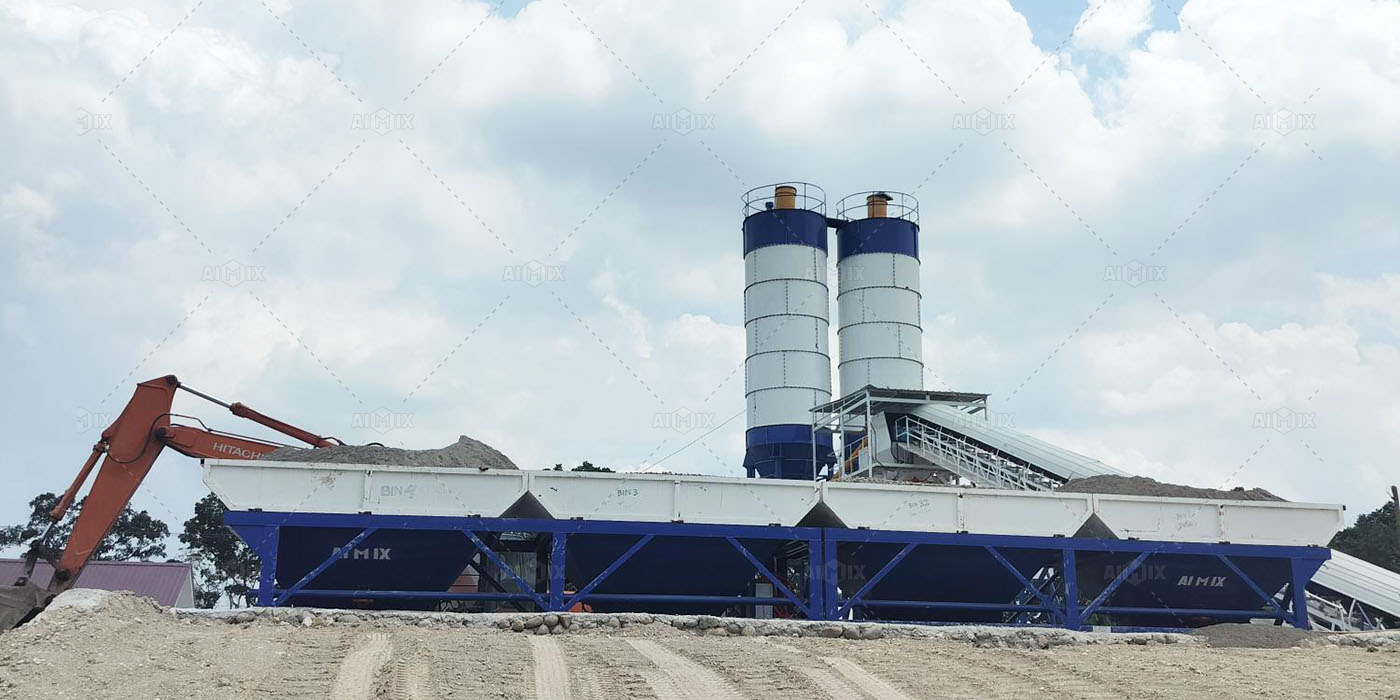
Bandung's terrain, traffic, and project density make short-distance delivery more complex than it seems. Within a 20 km radius, you may need to serve multiple job sites simultaneously—housing developments, commercial buildings, and infrastructure projects. Ready mix concrete must arrive within a specific time window, usually less than 90 minutes after batching. So your plant capacity must match your daily delivery schedule and traffic delays.
Within this radius, it's not only about distance. It's about timing. Delays from batching to pouring affect concrete quality. That’s why plant output must align with truck turnaround and batch cycle time. The right capacity can help you stay efficient, reduce material waste, and keep clients satisfied.
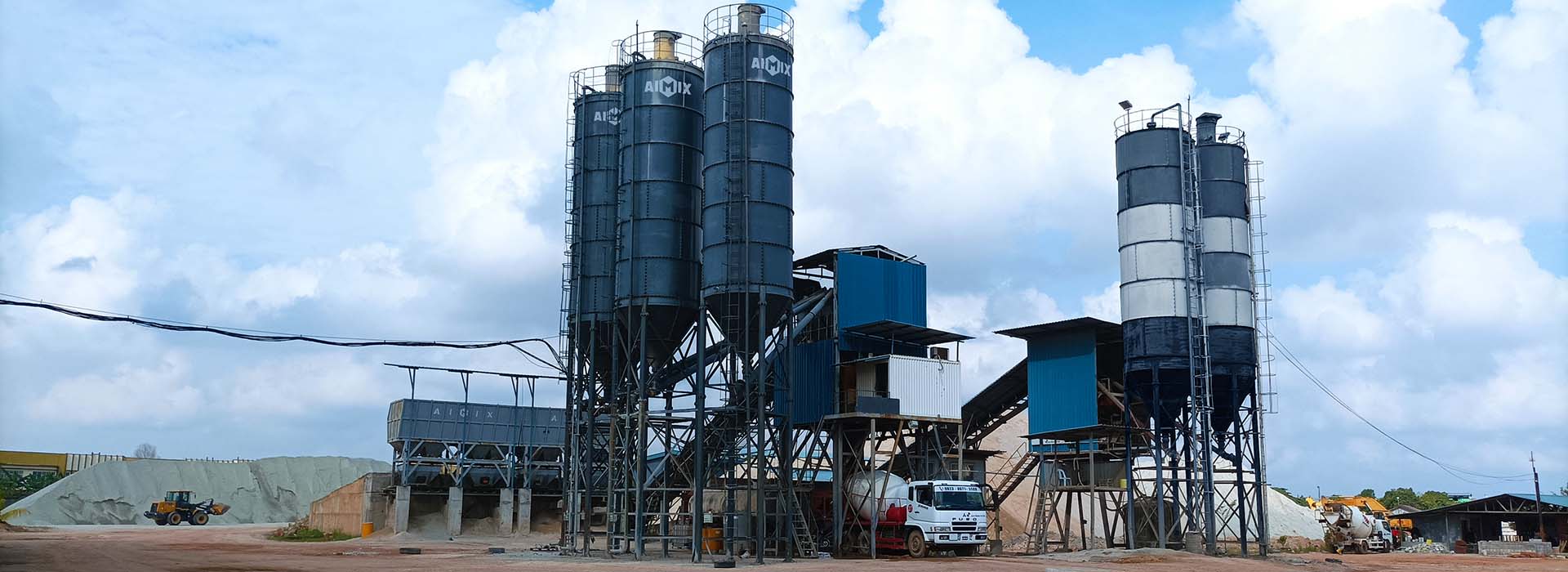
Next, let’s look at common capacity ranges and how they match your needs. From small-scale projects to commercial delivery, different plant models offer unique advantages.
This range is suitable if you run 2–4 deliveries per day for small housing or commercial projects. A compact batching plant mini like this takes up less space and consumes less energy. It's ideal for limited land availability, especially in urban Bandung settings. However, it may struggle with tight delivery timelines if several orders come in at once.
If you deliver concrete daily within Bandung city or surrounding neighborhoods like Cimahi, Lembang, or Soreang, this is a good choice. It offers reliable output for medium-size projects such as multi-storey buildings or local road works. With 4–6 mixer trucks operating in rotation, you can meet several orders per day without downtime or overloading.
This capacity suits larger RMC businesses serving multiple clients per day within a short delivery window. If you're planning to expand your client base and cover busy areas like Dago, Pasteur, or Kopo, this scale ensures you can keep up. It allows batching in quick succession while keeping trucks loaded and moving, improving your operational rhythm.
If you support high-rise buildings, government projects, or high-volume infrastructure within the 20 km radius, a high-capacity plant minimizes delay risks. It's efficient when you need to deliver more than 1,000 m³/day. But unless you have consistent bulk orders, the running cost and maintenance may not justify the investment for smaller operators.
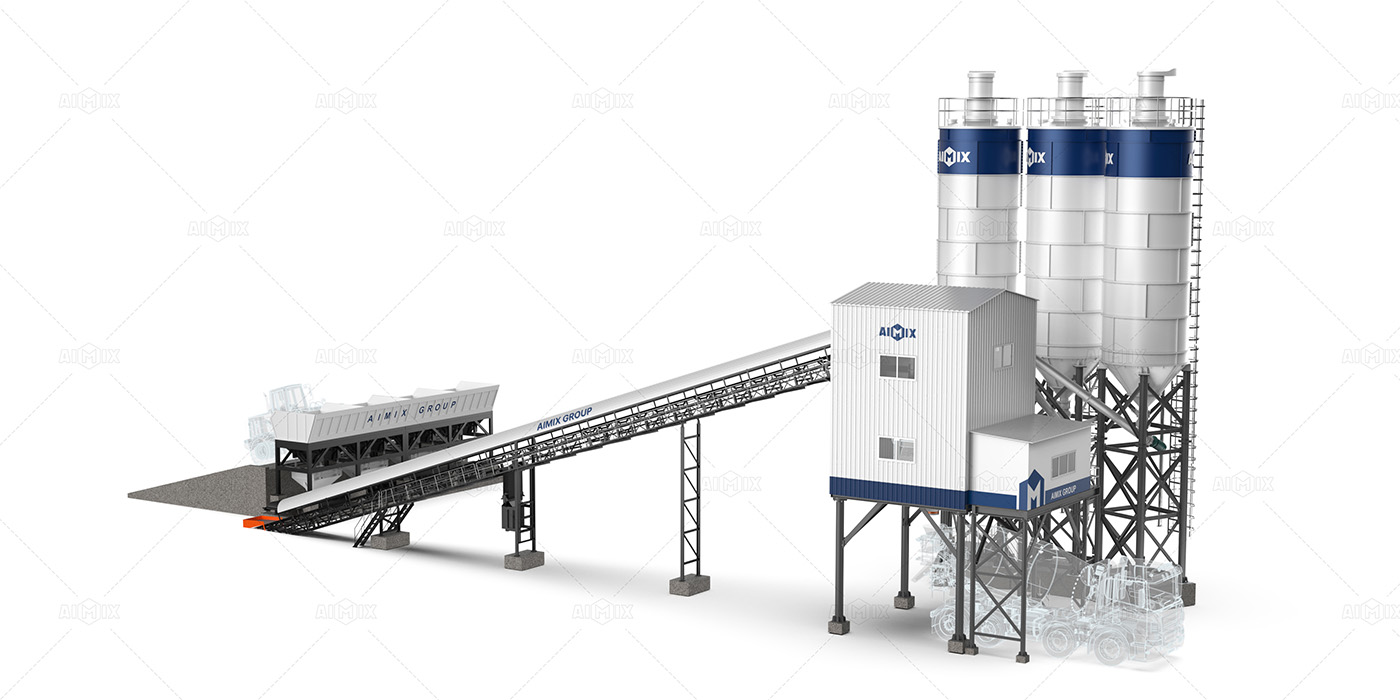
Capacity isn't the only factor. Several real-world variables affect your batching plant selection. Let’s take a closer look.
Each plant capacity should pair well with the number of mixer trucks you have. For instance, a 60 m³/h plant typically supports 4–6 trucks in rotation. If you have fewer, plant output may be wasted. If you have more, trucks may wait to be loaded, reducing delivery efficiency.
Are your clients developers, contractors, or municipalities? Small-scale residential work needs less volume per day but may demand more flexibility. Larger projects often need continuous delivery, which requires a steady and higher batching output.
If you're serving urgent and frequent concrete orders within Bandung, plant downtime is costly. A higher-capacity plant with a twin shaft mixer and automatic control system will reduce batch time and improve consistency. This ensures each truck leaves the yard promptly.
Urban plant locations near city centers often face space or electricity limitations. In such cases, a mobile or compact batching plant with 50–60 m³/h capacity could be more practical than a full-scale 120 m³/h stationary ready mix concrete plant.
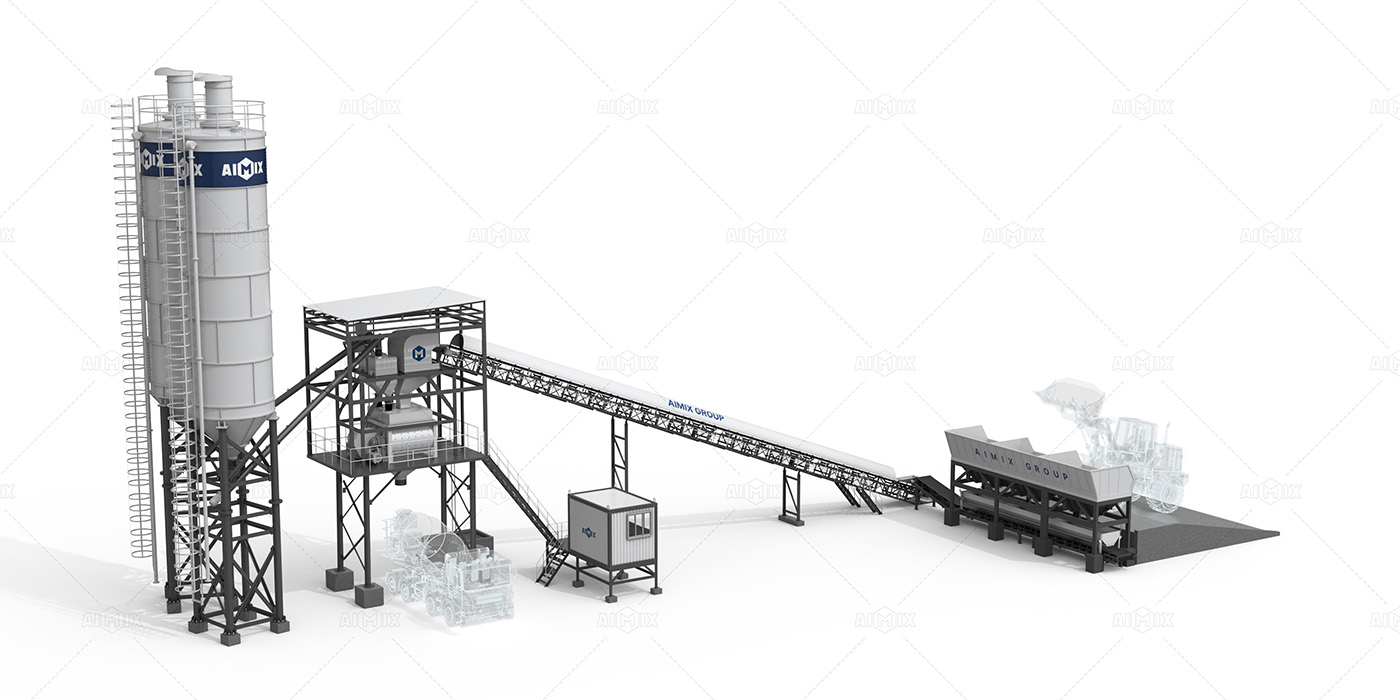
For most ready mix concrete businesses delivering within a 20 km radius in Bandung, a batching plant with a 50–60 m³/h capacity offers the best balance. It handles mid-volume demand, supports efficient truck rotation, and operates well within limited space. Unless you're taking on mega projects or running 24/7, higher capacities may lead to underutilization and extra costs.
However, if your business is growing fast or you're targeting large-scale infrastructure contracts, planning for a 75–90 m³/h plant may give you a competitive edge in the long run.
Still unsure what batching plant capacity fits your business? We're here to help. Whether you’re just starting your ready mix operation in Bandung or upgrading an existing setup, our local engineers can assess your project needs, delivery area, and future plans. That way, you’ll make the right investment—one that keeps your concrete business running smoothly and profitably.
Contact us today for a customized batching plant solution tailored to your 20 km delivery range in Bandung.